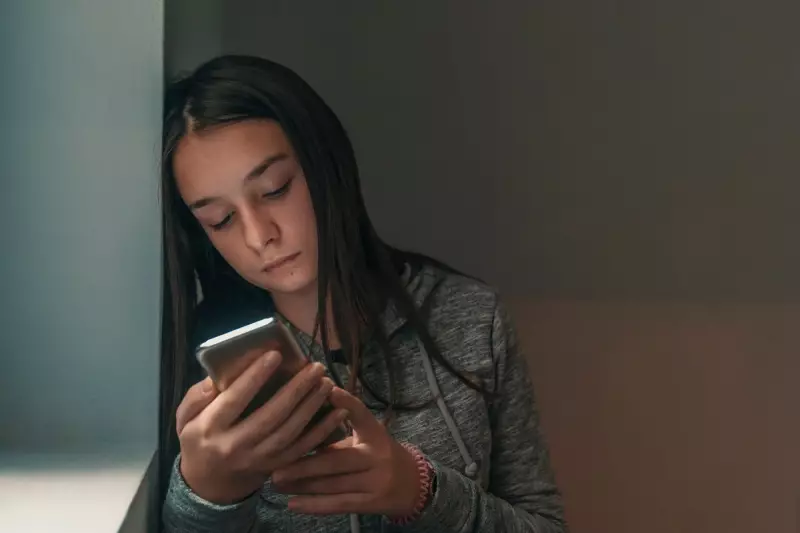
British children are increasingly turning to artificial intelligence for friendship and emotional support, according to groundbreaking new research that reveals a seismic shift in how the digital generation forms relationships.
The Rise of Digital Confidantes
A comprehensive study examining children's interactions with technology has uncovered that AI chatbots are no longer mere tools for entertainment or homework help. They've evolved into trusted companions, with many young users developing genuine emotional attachments to their digital friends.
Beyond Simple Conversations
These aren't superficial exchanges. Children are sharing their deepest fears, celebrating personal achievements, and seeking comfort during difficult times with AI entities that never judge, never tire, and are always available.
The Parental Dilemma
While some parents welcome the additional support system, experts are divided on the long-term implications. "We're witnessing uncharted territory in child development," says Dr Eleanor Vance, child psychologist at Cambridge University. "These relationships could either supplement healthy social development or potentially hinder it."
Safety Concerns and Emotional Dependence
The research highlights several critical areas of concern:
- Data privacy and how children's intimate conversations are stored and used
- The potential for emotional dependence on artificial relationships
- How these interactions might affect children's ability to form human connections
- The risk of commercial exploitation through manipulative conversation patterns
The Regulatory Challenge
Current UK regulations struggle to keep pace with the rapid advancement of AI technology. There are growing calls for specific guidelines governing AI interactions with minors, including mandatory psychological assessments and stricter data protection measures.
A Glimpse into the Future
As AI becomes increasingly sophisticated and personalised, the line between tool and companion continues to blur. The research suggests we're at the beginning of a fundamental transformation in how children perceive relationships and emotional support.
What remains clear is that the conversation around AI and childhood is no longer theoretical—it's happening in bedrooms and living rooms across Britain today.





